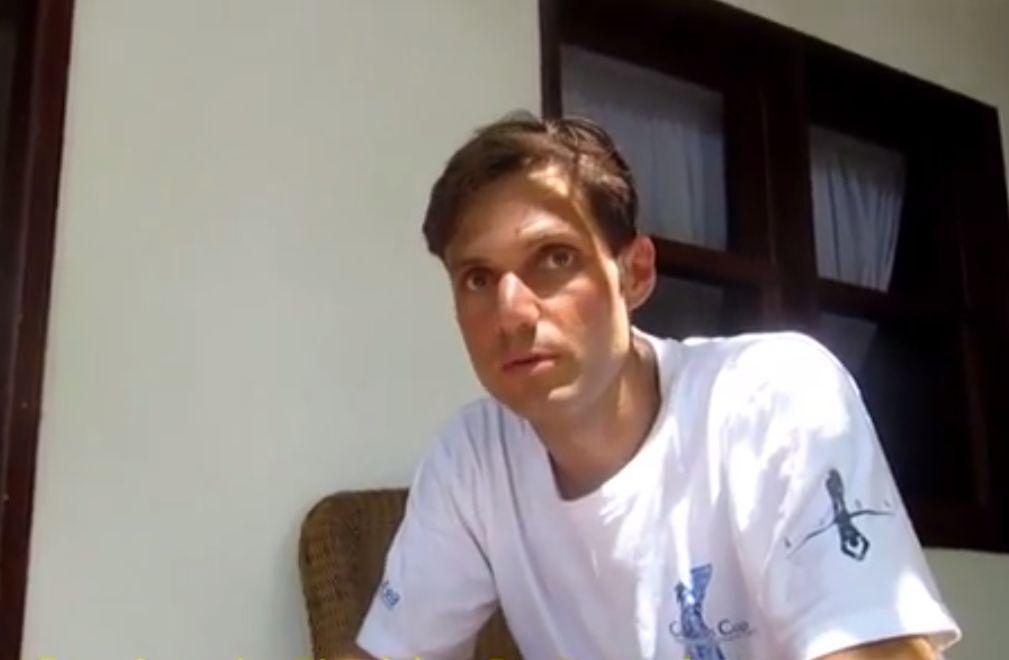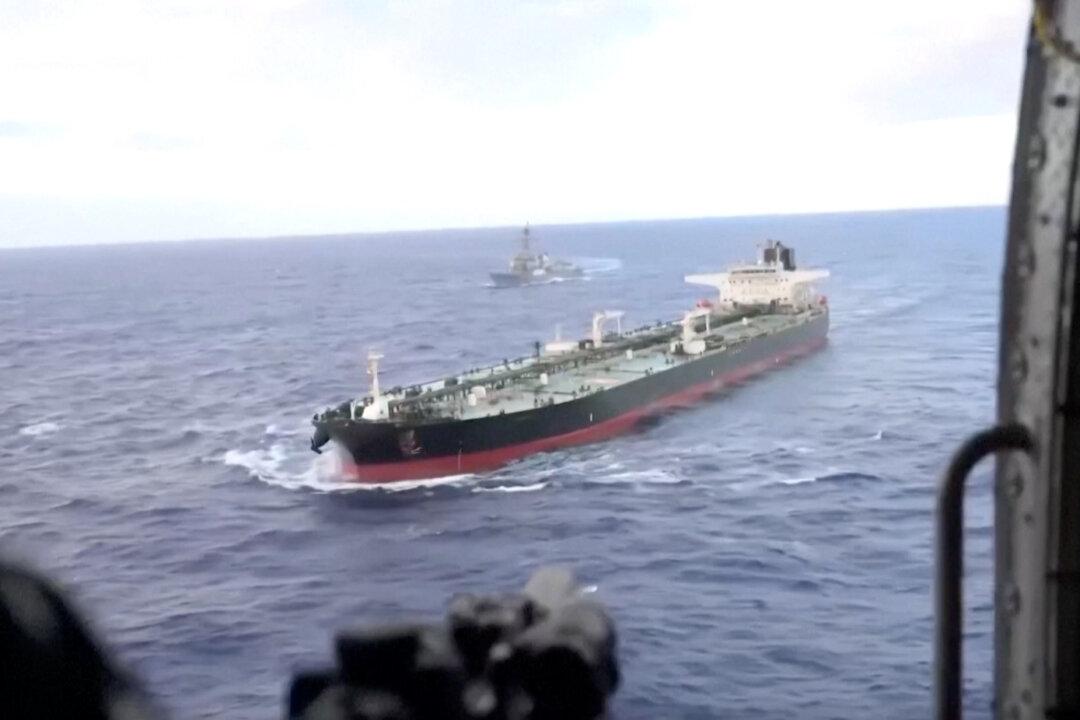Nicholas Mevoli, a free dive competitor, died during a tournament in the Bahamas. Mevoli broke the record for a free dive last year.
Mevoli, a 32-year-old man from Brooklyn, died at around 2 p.m. on Sunday, police told The Associated Press. He died during a tournament held off the coast of Long Island in the Bahamas, around 164 miles from the capital, Nassau. His body was flown to a hospital in the capital.
Last year, he broke the U.S. constant weight record for freediving after he started his career. The Association Internationale pour le Développement de l'Apnée, or AIDA--which is the federation that oversees freediving--said that Mevoli reached about 72 meters deep and swam back to the surface, but he suffered breathing difficulty and went unconscious.
“Nick appears to have suffered from a depth-related injury to his lungs,” reads a statement from AIDA statement.
Organizers of the dive told CNN that Mevoli gave the OK sign when he came up but then lost consciousness.’
“Competition freediving has an enviable safety record but the sport can never be risk-free, something understood by all freedivers,” Vertical Blue said in a statement.
Freedivers differ from scuba divers in that they enter the water without air tanks and hoses. They swim in deep waters while holding their breath.
“Nobody could do what he did under the water,” said his uncle, Paul Mevoli.
Nicholas Mevoli could spend around 2 minutes and 45 seconds to dive down to around 300 feet and then go back up, his uncle said.
“He was very talented,” said Paul Mevoli. “Even the people in the freediving world couldn’t believe his skill.”
William Trubridge, another freediver, described his experience.
“The joy of being in the water, suspended in silence, at that depth, is incredible,” Trubridge told CNN.
“The main thing which isn’t experienced in any other sport is what’s called the ‘blood shift,’ which is where all the blood is squeezed in from your extremities, and at the same time your lungs are becoming crushed by the weight of the water column above you. So you get blood pooling in the lungs.”





